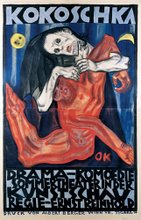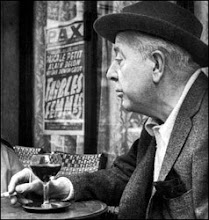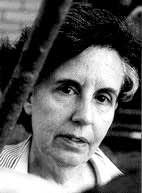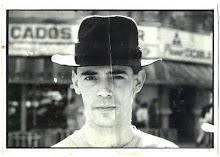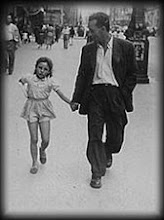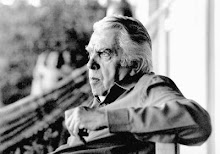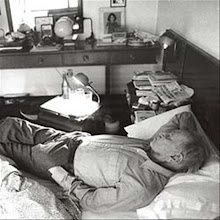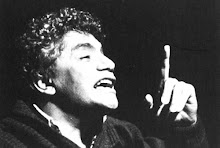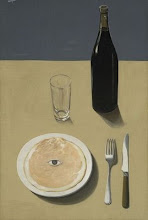Balzac, whom I consider a far greater master of realism than all the Zolas passés, présents et a venir, in “La Comédie humaine” gives us a most wonderfully realistic history of French Society, especially of le monde parisien, describing, chronicle-fashion, almost year by year from 1816 to 1848 the progressive inroads of the rising bourgeoisie upon the society of nobles, that reconstituted itself after 1815 and that set up again, as far as it could, the standard of la viellie politesse française. He describes how the last remnants of this, to him, model society gradually succumbed before the intrusion of the vulgar monied upstart, or were corrupted by him; how the grand dame whose conjugal infidelities were but a mode of asserting herself in perfect accordance with the way she had been disposed of in marriage, gave way to the bourgeoisie, who horned her husband for cash or cashmere; and around this central picture he groups a complete history of French Society from which, even in economic details (for instance the rearrangement of real and personal property after the Revolution). I have learned more than from all the professed historians, economists, and statisticians of the period together. Well, Balzac was politically a Legitimist; his great work is a constant elegy on the inevitable decay of good society, his sympathies are all with the class doomed to extinction. But for all that his satire is never keener, his irony never bitterer, than when he sets in motion the very men and women with whom he sympathizes most deeply - the nobles. And the only men of whom he always speaks with undisguised admiration, are his bitterest political antagonists, the republican heroes of the Cloître Saint-Méry, the men, who at that time (1830 - 1836) were indeed the representatives of the popular masses. That Balzac thus was compelled to go against his own class sympathies and political prejudices, that he saw the necessity of the downfall of his favourite nobles, and described them as people deserving no better fate; and that he saw the real men of the future where, for the time being, they alone were to be found - that I consider one of the greatest triumphs of Realism, and one of the grandest features in old Balzac.
Friedrich Engels
1820 - 1895

.jpg)
![[...]](https://blogger.googleusercontent.com/img/b/R29vZ2xl/AVvXsEjeNC2Kyxd34r2LuofHe9-vdXHeHwG3_2NhVmIOTlK2moU0Q4R7taMlS8iMmQgEl1-NdaRsPrLdREzfQZYKfUgjslwLZUZe67dAfFBREu-YRx6WGX-vAUt5eJT4_-lFwT4dGzGCQQ/s220/11798115_858304687558226_1857652538_n.jpg)
